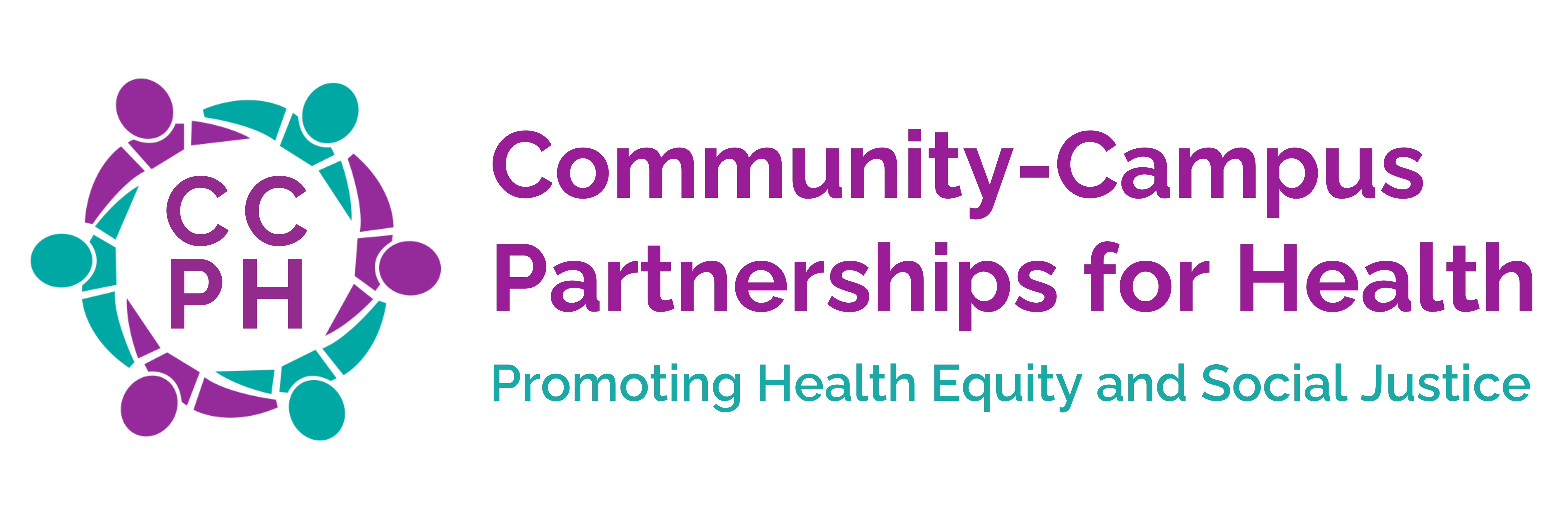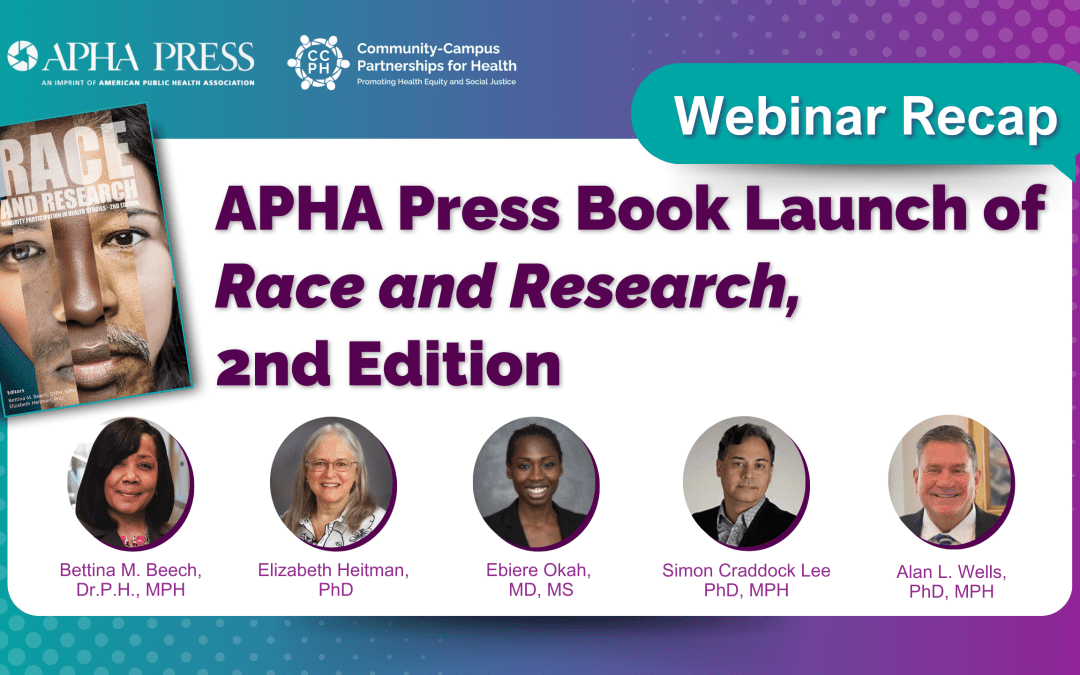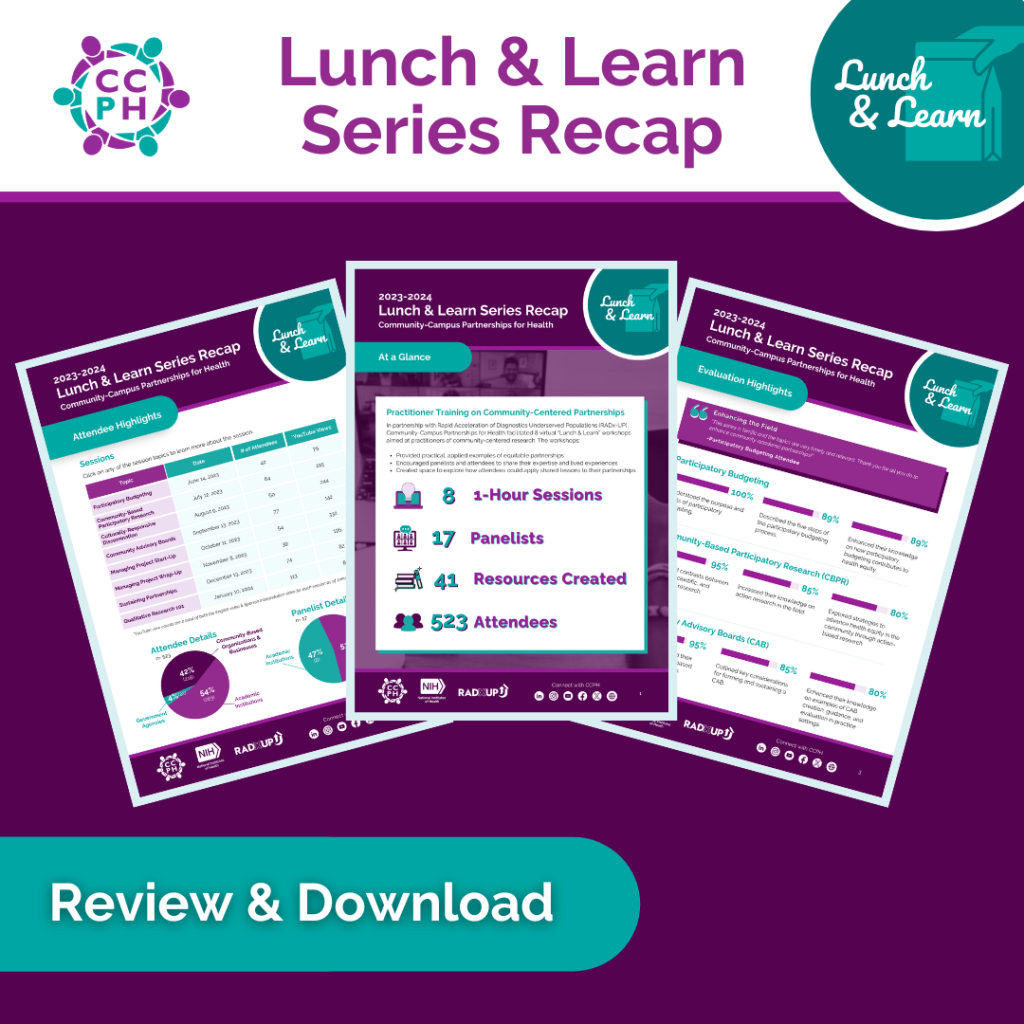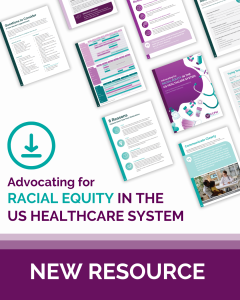This webinar was a Book Launch for the 2nd edition of Race and Research: Perspectives on Minority Participation in Health Studies. Senior editors Dr. Elizabeth Heitman and Dr. Bettina Beech and selected authors discussed the relevance of this volume and significant shifts in thinking, cultural awareness, and policy in the 20 years since it was first published. Authors Dr. Ebiere Okah and Dr. Simon Lee presented community engagement sections from the volume, followed by a moderated discussion.
103 attendees represented a diverse mix of graduate students, academics, state and local health departments and agencies, community-based organizations, and health disparities researchers.
Participants engaged in discussions about supporting community-engaged research in their institutions and gained practical examples and experiences on where and how to start building community partnerships.
This session disseminated relevant information about racism in society, social justice, and community engagement’s work to make changes on an institutional and local level.
Watch the Webinar Recording in English
Watch the Spanish Interpretation of the Recording
Book Contributors & Event Speakers:

Bettina M. Beech, Dr.P.H, MPH
Chief Population Health Officer, University of Houston
Book Editor and Co-Author of Preface and Chapter 9: Training the Next Generation of Researchers to Build and Maintain Diverse Cohorts of Clinical Trial Participants
Bettina M. Beech, Dr.P.H., M.P.H., is a clinical professor of population health in the Department of Health Systems and Population Health Sciences at the Tilman J. Fertitta Family College of Medicine. She is also the chief population health officer at the University of Houston. In this role, Beech oversees the integration of population health education and research across the University involving all disciplines from medicine to engineering to social science and education.
She was recently elected to the Humana Foundation’s board of directors. Previously, Beech was the founding dean of the John D. Bower School of Population Health.
Beech has an interdisciplinary background that integrates public health, population health, and health disparities with focus on the primary and secondary prevention of cardiometabolic disease as well as the science of research training and mentoring. She has served as the principal investigator for numerous studies funded by the National Institutes of Health (NIH), including several intervention trials and research training programs for groups underrepresented in biomedical sciences.
Beech is a standing member of the National Heart, Lung and Blood Institute (NHLBI) Institutional Training Mechanisms Review Committee (T32). She serves as a reviewer for over 20 peer-reviewed journals, is an associate editor for Ethnicity and Disease and is the immediate past editor-in-chief for the Journal of Family and Community Health.
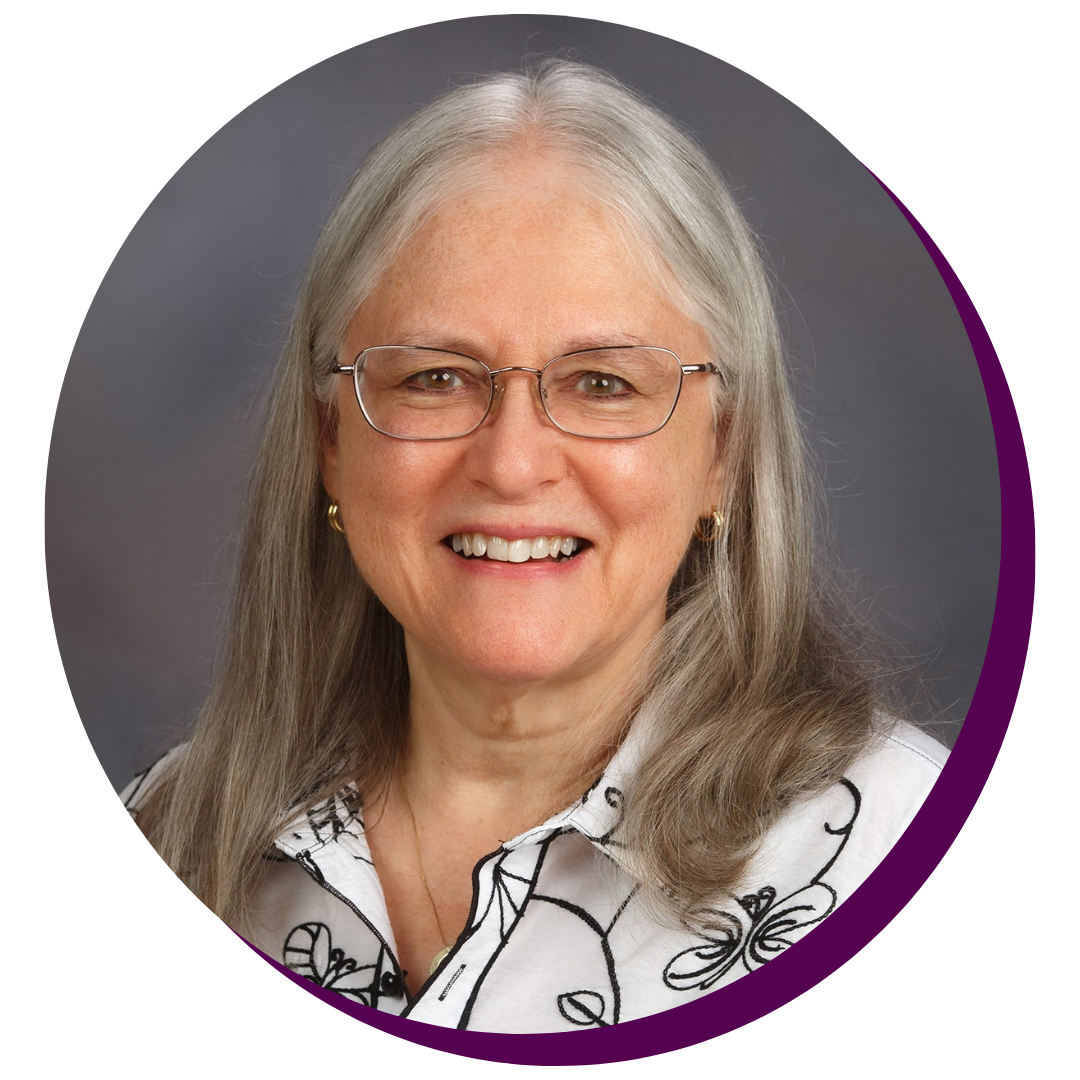
Elizabeth Heitman, PhD
Professor, Program in Ethics in Science and Medicine, University of Texas Southwestern Medical Center at Dallas
Book Editor and Co-Author of Preface, Chapter 4: Ethical Issues and Unethical Conduct: Race, Racism and The Abuse of Human Participants in Research on Race and Disease, and Chapter 9: Training the Next Generation of Researchers to Build and Maintain Diverse Cohorts of Clinical Trial Participants
Elizabeth Heitman, Ph.D., is Professor in the Department of Psychiatry’s Division of Ethics and the Program in Ethics in Science and Medicine, with secondary appointments in the Department of Applied Clinical Research and the O’Donnell School of Public Health. Her work focuses on cultural aspects of ethics in clinical medicine, biomedical science, and public health, particularly international standards of research ethics and education in the responsible conduct of research (RCR). Dr. Heitman is the director / multiple principal investigator (MPI) of two international research ethics education grants from the Fogarty International Center.
Dr. Heitman is a National Associate of the US National Research Council and has been chair or member of eight US National Academy of Sciences programs in research integrity education in the Middle East, North Africa, Indonesia, and Malaysia. In 2015-16, Dr. Heitman co-chaired the National Academies’ Committee on Gene Drive Research with Non-Human Organisms, and she is currently a member of the Working Group on Gene Drive Research of the NIH’s Novel and Exceptional Technology and Research Advisory Committee.

Ebiere Okah, MD, MS
Health Equity Researcher & Assistant Professor, University of Minnesota
Co-Author of Chapter 8: Community-Engaged Research – An Inclusive Approach to Advancing Health Equity
Dr. Okah is a health equity researcher in the areas of health services and population health. Her research is focused on understanding how physicians perceive and use race in their medical decision-making and evaluating how experiences of racism contribute to cardiovascular disease in Black Americans. Her clinical interests include preventive medicine, mental wellness, diabetes and hypertension management.

Simon Craddock Lee, PhD, MPH
Chair of Population Health and Sosland Family Professor in Preventive Medicine, University of Kansas Medical Center
Co-Author of Chapter 13: Academic Health Centers and the Health of the Population: Modern Mission, Racial Disparities, and the Underserved
Simon Craddock Lee, PhD, MPH is a medical anthropologist with postgraduate training in cancer control and prevention. He is Chair of Population Health and Sosland Family Professor in Preventive Medicine at the University of Kansas Medical Center. He serves as interim Associate Director for cancer workforce equity for the University of Kansas Cancer Center, an NCI-designated comprehensive cancer center. Previously, Dr. Lee was on faculty at the University of Texas Southwestern Medical Center for 14 years where he achieved the rank of Professor with tenure in the Department of Population and Data Sciences. At UTSW, he served as Co-Leader of the Population Science and Cancer Control research program in the Simmons Comprehensive Cancer Center and Associate Director for community and collaboration for the UTSW Center for Translational Medicine. Dr. Lee’s research leverages implementation science to optimize cancer healthcare delivery in safety-net settings, urban and rural. His science emphasizes mixed-method multilevel evaluation in pragmatic trial design. Dr. Lee advocates for research partnerships that foster learning health systems and other collaborations that enable science to support community priorities. He serves on the editorial boards of Health Psychology and the Journal of Cancer Survivorship.

Alan L. Wells, PhD, MPH
Senior Evaluation Specialist, Community-Campus Partnerships for Health (CCPH)
Co-Author of Chapter 4: Ethical Issues and Unethical Conduct: Race, Racism and The Abuse of Human Participants in Research on Race and Disease
Alan Lee Wells began his journey for social justice and health equity as an HIV/AIDS activist in the 1990s. He received a BA in Psychology and Medical Anthropology from the University of Houston and a Masters in International and Family Health and a Doctorate in Community Health Sciences from the University of Texas School of Public Health at the University of Texas Health Science Center at Houston. In Texas, he completed 2 fellowships in clinical ethics at the University of Texas MD Anderson Cancer Center and was a Foreign Language Area Specialist (FLAS) scholar in Hindi at the American Institute of Indian Studies. He began his academic career as a senior research associate at the American Medical Association (AMA) in Chicago and developed a collaboration with the United States Holocaust Memorial Museum (USHMM) that delivered continuing medical education and community educational events supporting the USHMM special exhibition entitled “Deadly Medicine, Creating the Master Race” in the US and Israel.
He worked on the first AMA LGBT Advisory Committee initiating policy change and programs to support inclusion and research for LGBT populations in 2003. Dr. Wells completed a National Research Service Award NIH postdoctoral fellowship in community-based participatory research (CBPR) at the Medical College of Wisconsin where he stayed to serve as an Assistant Professor of Family Medicine. He served as the Director of Research of the Division of Health, Humanities, and Society at the Herbert Wertheim College of Medicine at Florida International University in Miami until 2019. He currently lives in Macon, GA where he served as an Associate Professor in Community Medicine at the Mercer University School of Medicine. His areas of expertise include community partnership development, addressing racism in medicine and public health, and LGBTQ health.
